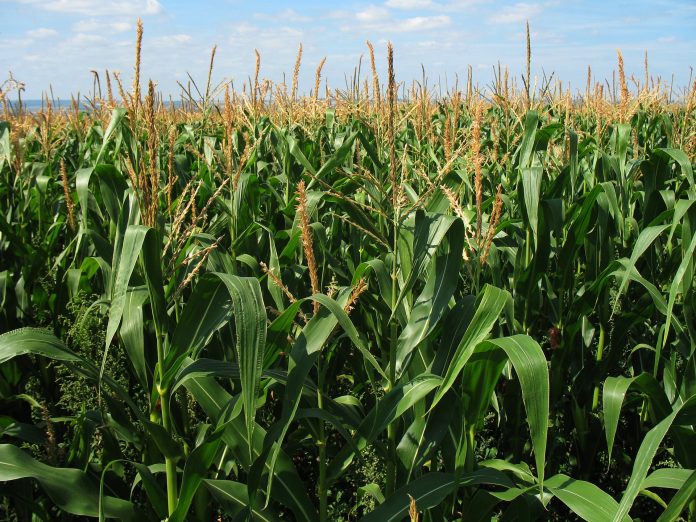When one accounts for the decline in vehicle fuel economy from using biofuels and their various negative environmental impacts, it seems reliance on biofuel may provide fewer benefits than claimed by its proponents. Accounting for its effects on fuel economy, air quality, and food prices, biofuels likely produce net harms on balance.
Ethanol and Biodiesel 101:
Ethanol is a simple alcohol that can be used as fuel. Due to recent federal mandates, it is increasingly being blended into gasoline. For the context of this paper, it is a manufactured biofuel, usually made from corn, sugarcane, or other agricultural products. In the United States, almost all ethanol for fuel use is made from corn. Biodiesel is made from vegetable oil, palm oil, or similar products, including leftover cooking grease. In the United States,
the majority of biodiesel is made from soybean oil.
Biofuels vs. Gasoline
Ethanol has a lower energy density than gasoline, at about 20 megajoules per liter compared to gasoline’s 33.4 Ethanol does have a higher average octane value, meaning it can burn more slowly, which slightly increases energy efficiency. However, ethanol’s higher octane does not make up for its lower energy density. Essentially, when ethanol is added to fuel, vehicle fuel economy declines. In fact, it takes 1.5 times more fuel to travel the same distance on ethanol than with a purely gasoline-fueled vehicle.
For the full report, click here.
For more on the environmental impact of corn ethanol, click here.
For more on ethanol blend fuel mandates, click here.


























